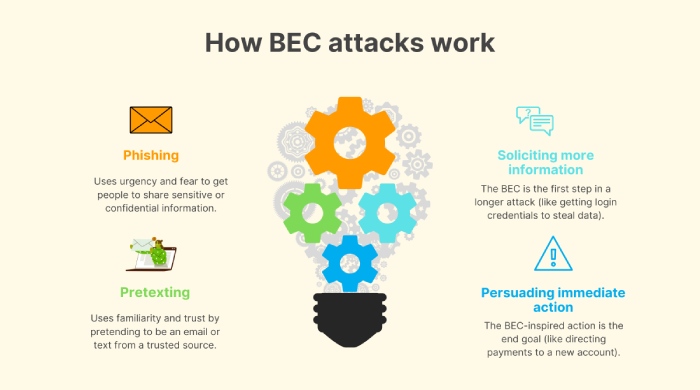Preparing for the discontinuation of the NCSC aggregate DMARC reporting feature
Beginning March 24, 2025, the UK National Cyber Security Centre (NCSC) has stopped providing DMARC aggregate reports. Mail Check is NCSC’s official platform that helps domain owners evaluate email security compliance so that they can figure out if someone is abusing their email domains. It has discontinued the aggregating reporting feature to enhance accessibility and manage costs.
This significant change is prompting public sector organizations to switch to alternative DMARC reporting solutions because no one really wants to go back to the ‘no DMARC reporting’ phase once they have started receiving and analyzing these reports to get insights into their email activities.
If you don’t use alternative DMARC reporting platforms, your email authentication regime will take a toll, keeping you in the dark as you would not understand how receiving mailboxes deal with emails sent from your domain. This further opens the back door for threat actors, enabling them to attempt phishing, spoofing, and BEC attacks in your company’s name.
Why should you not take a risk on compliance?
If you don’t adopt a new DMARC report service provider, you can face these issues-
Compliance and regulatory risks
UK public sector organizations must abide by the policies set by NCSC, GDPR, and Cyber Assessment Framework; otherwise, they will be subjected to fines, litigations, audit issues, and reputational damages. The efficient deployment and management of DMARC are among the requirements of these regulatory bodies.
No visibility into email activities
With no DMARC reports, companies don’t get visibility into unauthorized use of their domains. This is one of the vulnerabilities that cybercriminals exploit to send fraudulent emails on your behalf, manipulating recipients into sharing sensitive information, transferring money, downloading malicious files, etc.
Inability to respond to email-based threats
With the discontinuation of aggregate DMARC insights, organisations will no longer have access to vital security data needed for real-time threat detection. This lack of visibility will slow down cyber incident response, making it less effective and heightening the risk of data breaches and operational disruptions.
How to act towards this change?
The NCSC acknowledges that DMARC aggregate reporting is essential for email security, helping to detect domain abuse, authentication issues, and misconfigurations. Without it, organizations are more vulnerable to phishing, spoofing, and BEC attacks.
Despite removing key features, Mail Check will still monitor:
- DMARC policies (strengths & errors)
- SPF policies (effectiveness & errors)
- MTA-STS policies (strengths & errors)
- Inbound TLS security (certificate validity, encryption)
The NCSC advises organisations to switch to alternative DMARC tools to maintain security and control.
In this case, you can reach out to DuoCircle— a credible DMARC platform. We take care of everything, from enlisting authorized sending sources for creating your SPF record to enabling and evaluating DMARC reports. We diligently go through these reports and suggest the required adjustments to your SPF, DKIM, and DMARC records to avoid exploitable vulnerabilities.
DuoCircle proudly offers a seamless alternative to Mail Check’s reporting feature so that you don’t have to compromise on email safety. After all, emails are an inevitable part of corporate operations today.


